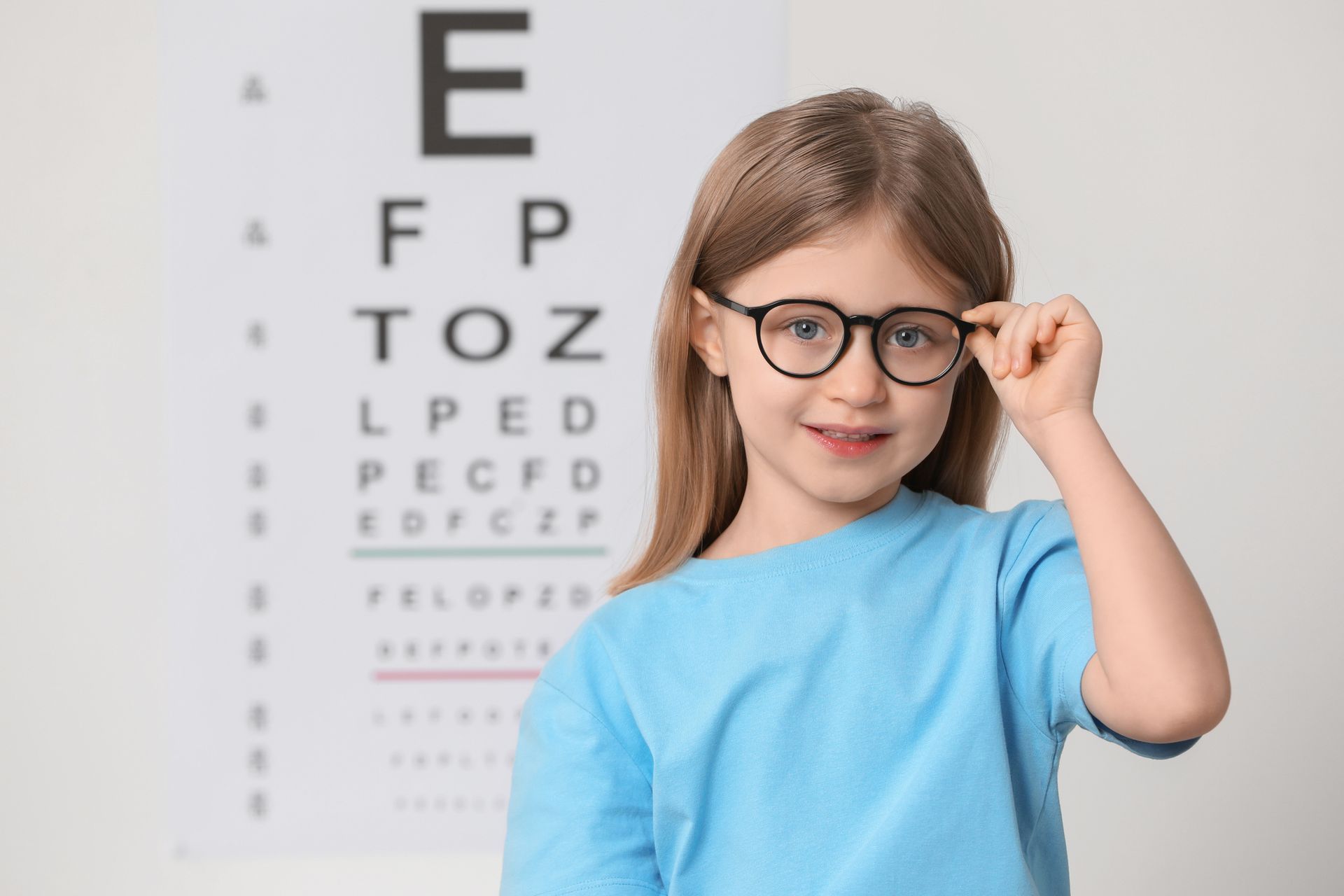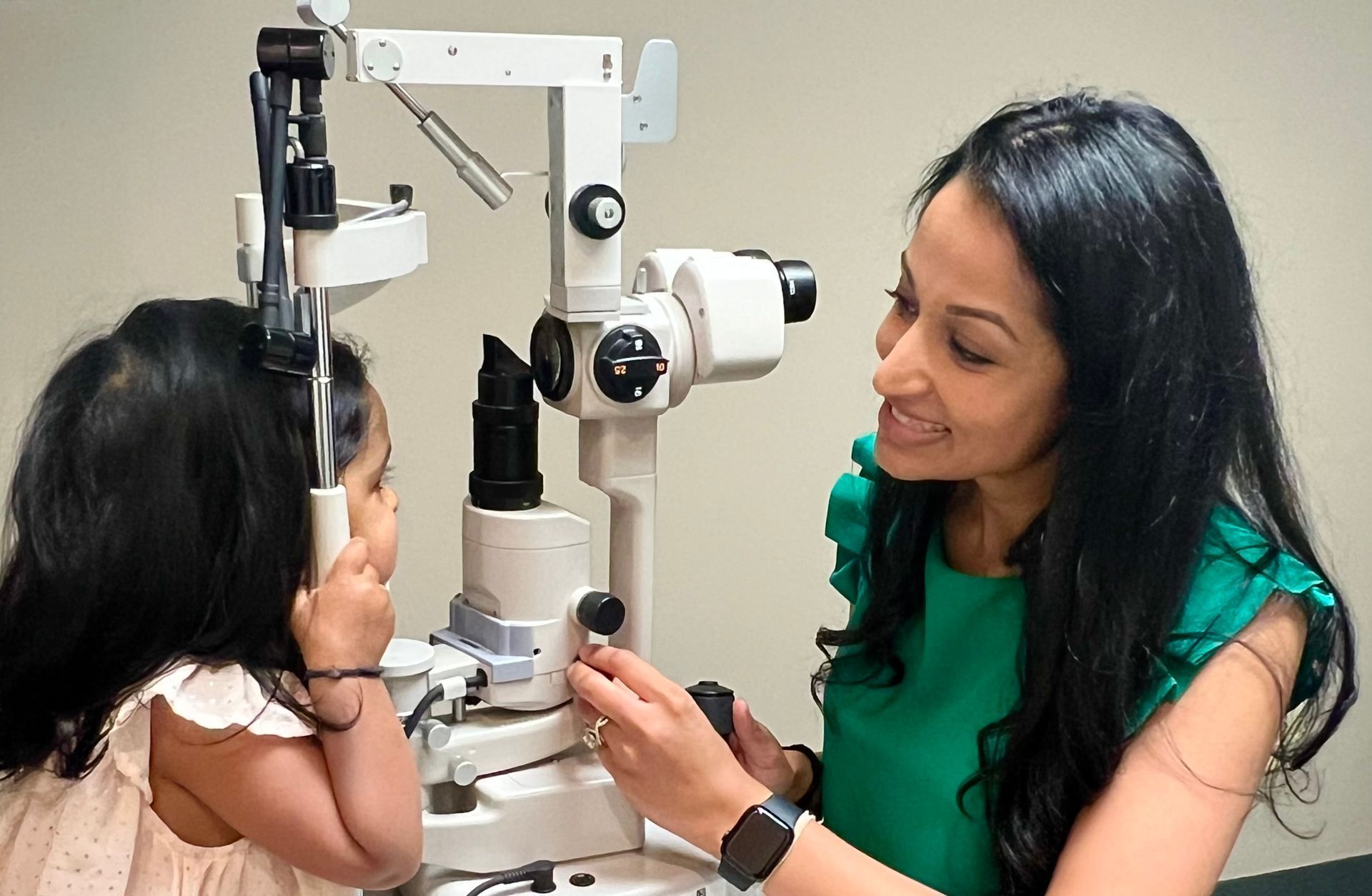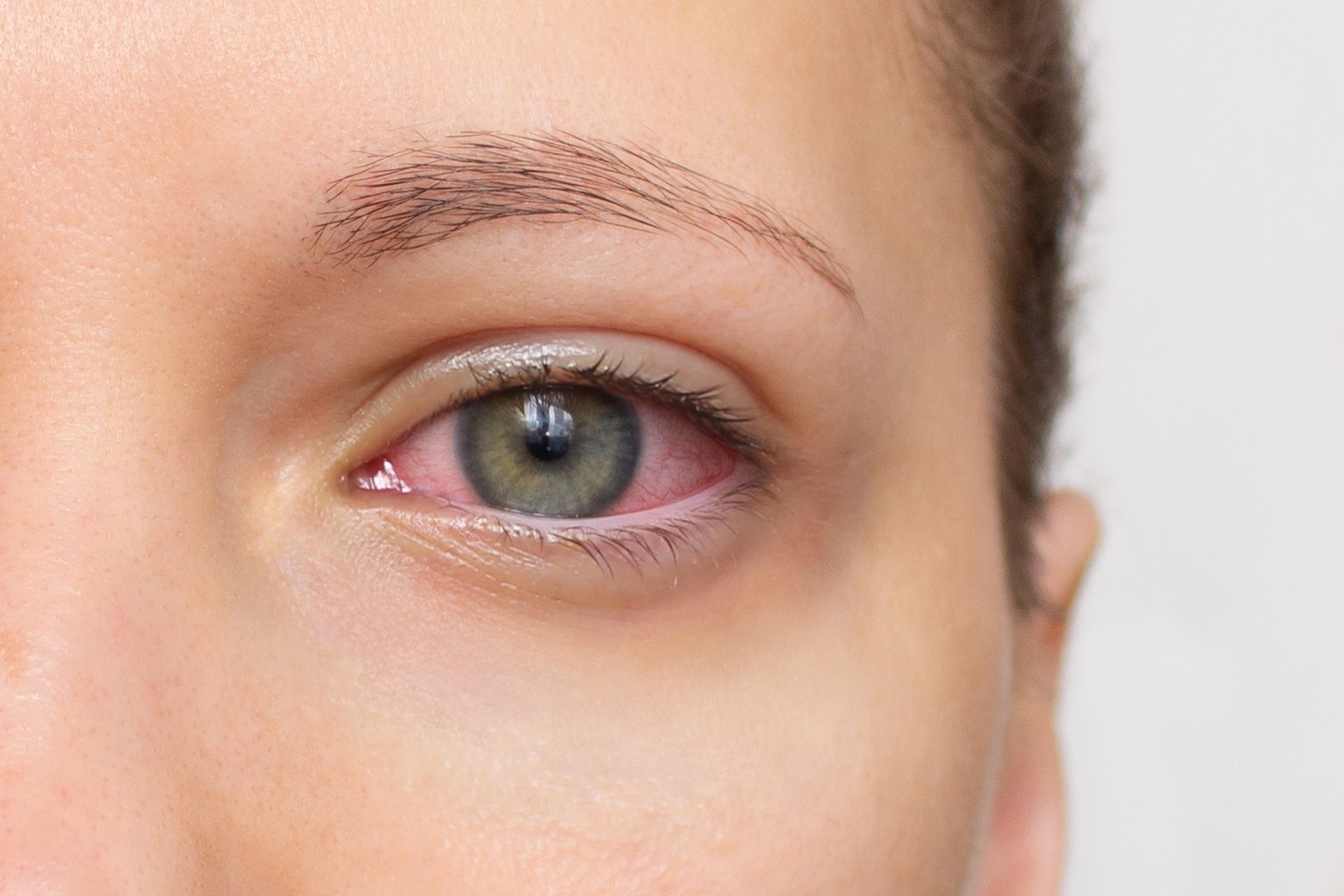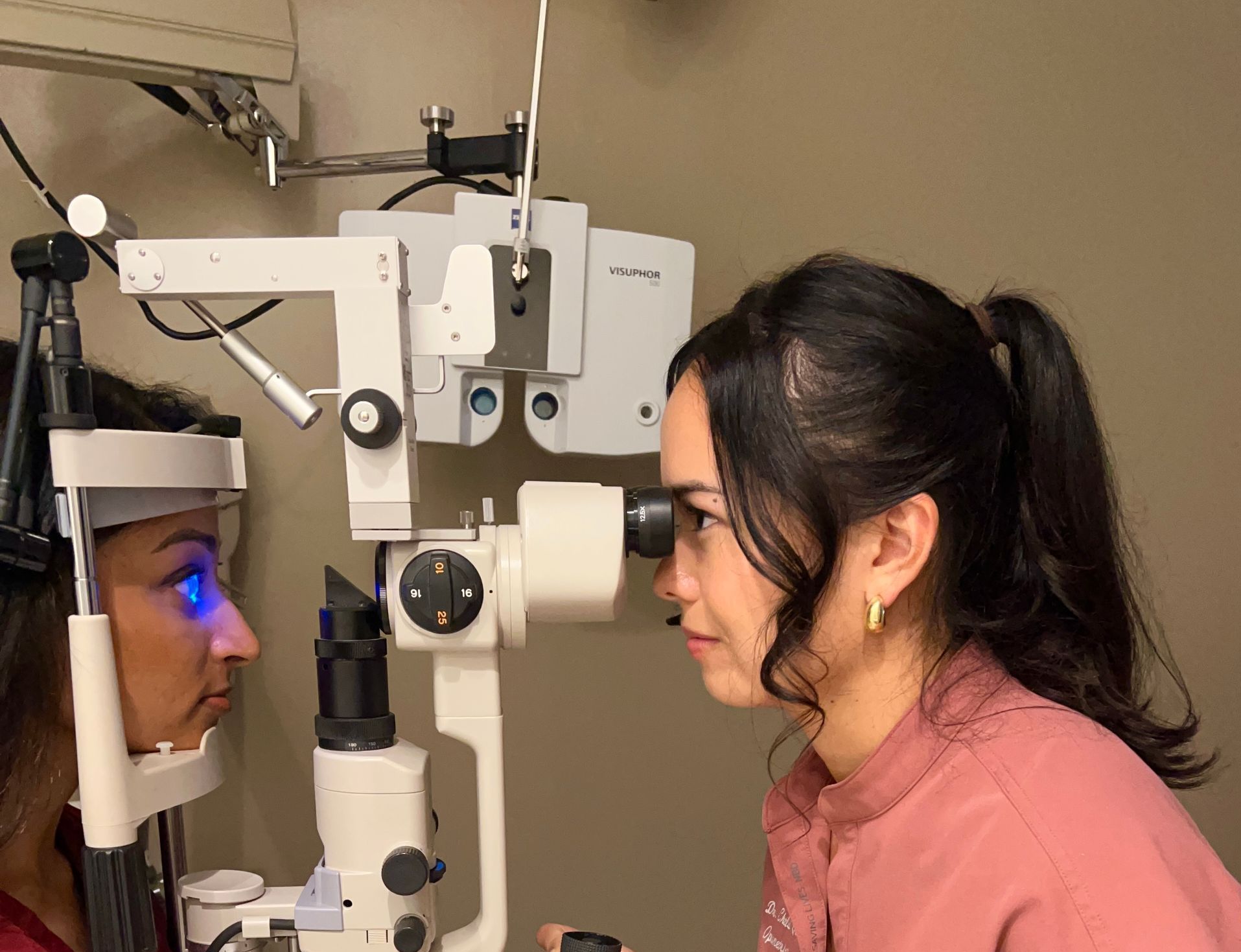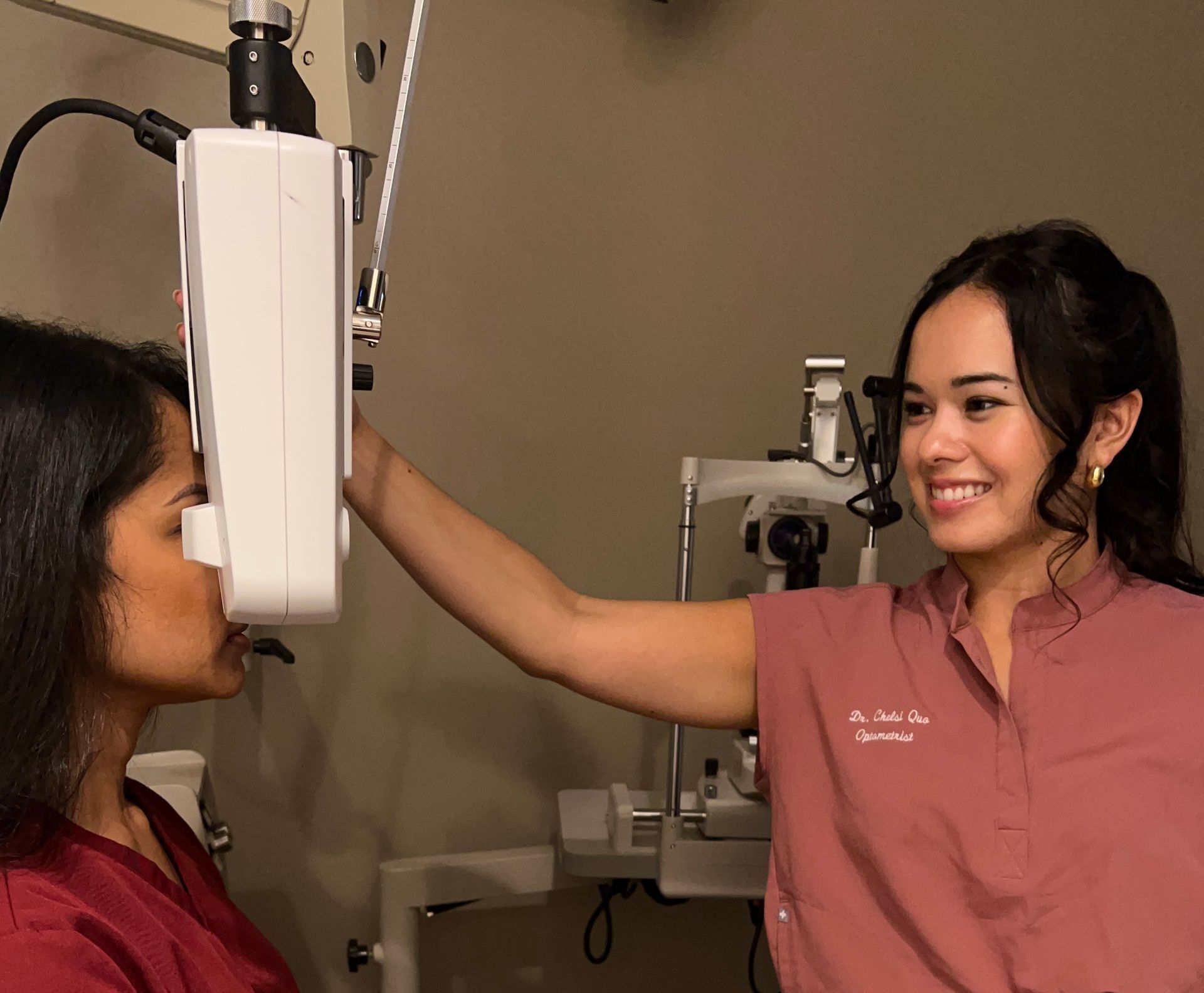Seasonal Allergies in Florida: How They Affect Your Eyes and How to Find Relief
Seasonal Allergies in Florida: How They Affect Your Eyes and How to Find Relief
Living in the Sunshine State has its perks—beautiful weather, tropical landscapes, and year-round outdoor activities. But for many Floridians, the flip side of that beauty is seasonal allergies. Thanks to Florida’s warm climate and nearly constant bloom cycles, allergens like pollen, mold, and grasses are present much of the year. These allergens don’t just make you sneeze—they can wreak havoc on your eyes.
How Seasonal Allergies Affect Your Eyes
Seasonal allergies, also known as allergic conjunctivitis, can cause a range of uncomfortable eye symptoms. These include:
- Itchy eyes: A hallmark sign of eye allergies, itching can be intense and difficult to ignore.
- Watery eyes: Your body’s response to irritation can lead to excessive tearing.
- Redness: Irritation often results in red, bloodshot eyes.
- Swollen eyelids: Inflammation from allergens can cause puffiness around the eyes.
- A gritty or burning sensation: Many people describe it as feeling like there’s sand in their eyes.
These symptoms can affect your quality of life—making it harder to read, work, or enjoy the outdoors. Fortunately, there are ways to find relief.
Tips for Eye Allergy Relief in Florida
If you suffer from eye allergies, especially during peak seasons in spring and fall, here are some effective ways to protect your eyes and ease your symptoms:
1. Limit Exposure to Allergens
- Check daily pollen counts and try to stay indoors when they’re high.
- Wear sunglasses outdoors to protect your eyes from airborne allergens.
- Keep windows closed during allergy season to prevent pollen from entering your home or car.
2. Practice Good Eye Hygiene
- Wash your hands frequently to avoid transferring allergens to your eyes.
- Avoid rubbing your eyes—it can worsen irritation and increase inflammation.
- Use a cold compress to soothe itchy, swollen eyes.
3. Use Artificial Tears
Lubricating eye drops can help flush out allergens and relieve dryness and irritation. These are available over the counter and safe for frequent use.
4. Try Antihistamine or Decongestant Eye Drops
Antihistamine drops can quickly relieve itching and redness by blocking histamine—the chemical responsible for allergic reactions. Decongestant drops reduce redness by constricting blood vessels in the eye.
Allergy Eye Treatments Available at Bay Vision
At Bay Vision, we offer a variety of allergy-related eye care solutions. Whether you're dealing with mild irritation or chronic symptoms, our optometrists can recommend:
- Prescription-strength antihistamine eye drops
- Mast cell stabilizers that help prevent allergic reactions before they start
- Combination eye drops for fast, long-lasting relief
- Custom treatment plans tailored to your lifestyle and allergy triggers
Our team can also help you determine whether your symptoms are due to allergies or another eye condition, such as dry eye syndrome or an eye infection—conditions that can sometimes mimic allergy symptoms.
Schedule Your Eye Allergy Consultation Today
Don’t let Florida’s allergens take the joy out of your daily life. If you’re struggling with itchy, watery, or red eyes, schedule an appointment at Bay Vision today. We’ll help you identify your triggers and find the best treatment to keep your vision clear and your eyes comfortable—no matter the season.
📞 Call us today or book online to find relief from eye allergies.
